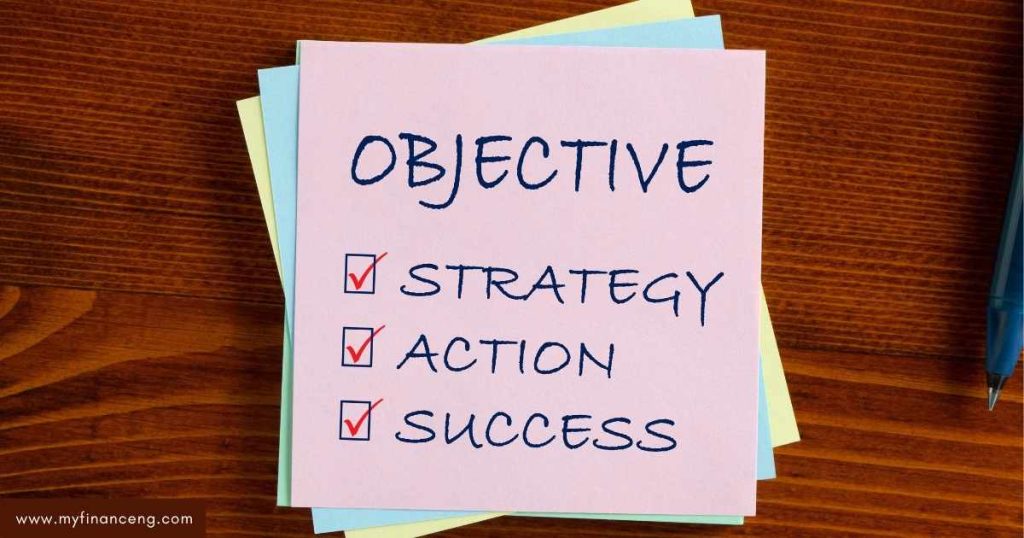Introduction: The Importance of Financial Literacy for Young Adults
Learn why financial literacy for young adults is crucial for success, helping them manage money, build credit, and secure a prosperous future.
Financial literacy is not just a nice-to-have skill but a must-have, especially for young people. As this is the information age, young people are inundated with financial products available at their fingertips.
Learning lessons about money management, saving for the future, and making wise financial choices may significantly contribute to a life of success.
In this article, we will discuss how critical financial literacy is for young people and how learning about finances now allows you to have a bright future.
What is Financial Literacy?
Financial literacy is, at a fundamental level, the ability to comprehend and manage money matters. For emerging adults, that means learning to budget, save money, invest, understand credit, and manage debt.
With financial literacy, young adults can make informed decisions that will follow them their whole life, from their first paycheck to retirement planning.
Why Financial Literacy Is Important for Kids
Financial literacy is especially important early in life, as decisions made in young adulthood can have long-term effects on financial health.
From managing student loans to setting savings goals, the financial choices that young adults make at the start of their careers can have a profound impact on their finances for the rest of their lives.
Financial education can help young people take control of their financial futures sooner in life.
How Financially Literate Are We? And What Does It Have to Do with Independence?
Financial education promotes independence by giving young adults power over their financial future. And with a good grip on personal finance, they’ll be primed to make wise decisions that lead towards long-term stability and self-reliance.
Effective money management will enable young people to avoid dependence on other people for financial support and have the confidence to deal with money-related issues.
The Importance of Financial Literacy in Budgeting and Saving

One of the basic skills young adults need is budgeting. Good budgeting allows people to monitor their earnings, establish spending limits, and set savings targets. Financial literacy also requires knowing the value of short- and long-term savings.
With the proper skills, young adults can begin saving during their 20s — that decade of life that feels so transitional and hard to pin down — putting themselves on a path to financial success later.
Debt Management: A Vital Skill for the Young Adult
Debt is a significant part of the financial lives of most young adults, but knowing how to handle it is essential. Financial literacy tells us the difference between good debt (e.g., a mortgage and student loans) and bad debt (e.g., the high-interest balance on our credit cards).
Millennials armed with a grasp of managing debt can avoid falling into the trap of high-interest loans and end up financially stuck and unable to make headway on their goals.
Credit Building and Financial Literacy
Understanding and establishing credit is an essential way of achieving financial victory. Lenders use credit scores to judge the risk of lending someone money and having them pay it back, while a good one can also open doors to lower interest rates and nicer loan terms.
Financial literacy allows young people to learn how to establish credit in a positive way, avoid mistakes that could damage their credit scores, and earn and retain a positive financial reputation in general.
Personal Finance- 5 Key Things You Need to Know About Investing for Young Adults
One of the best ways to build wealth over time is to invest early, but many young people are shy about investing because they don’t know much about it.
Financial literacy imparts the fundamentals of instruments such as stocks, bonds, and mutual funds to individuals.
Learning about the power of compound interest and why it pays to start early is a rite of passage for young adults who want a lifetime of wealth.
How Financial Literacy Aids in Career Planning

Financial decisions are closely entwined with career decisions. Understanding finance helps young people manage their professional and economic futures.
Understanding salary negotiation, job offer negotiation, and early retirement are all components of a diverse career.
Young adults can even combine career growth planning with financial planning to provide a smooth path to prosperity.
Financial Literacy and Tax Management
Taxes can be a scary or, at the least, confusing topic for young adults. Nevertheless, knowing some tax-prep basics and planning is key to future financial health.
Financial literacy teaches youth how taxes work, the significance of accounting for expenses, and the ability to minimize taxes by making wise financial decisions.
The Significance of Financial Literacy in Relationships
One of the most common lines of stress in a relationship starts with money, and educating yourself on financial literacy so that it is not a significant issue.
Knowing how to navigate money management with your partner and set financial goals together is vital for the long-term success of young adults entering relationships.
Financially literate people are more likely to be able to have frank, open conversations about money and to minimize the kind of money-related misunderstandings that lead to conflicts.
Financial Literacy and Business Ownership
Entrepreneurship involves a distinct dimension of financial skills, and financial literacy is essential to achieving success as an entrepreneur.
Young entrepreneurs who know how to handle business finances, make smart investments, and predict cash flow are more likely to make their businesses flourish.
Entrepreneurial financial literacy helps business owners to make informed decisions , leading to business success and survival.
Mental well-being and financial literacy
One of the most widespread triggers of anxiety and related mental health problems is financial stress.
Financially literate young adults experience less stress and anxiety as they are better equipped to handle their finances.
Taking charge of one’s economic situation brings greater security and happiness, which correlates with better mental health and life.
Financial Literacy and Objective Setting

Financial planning depends on setting goals, and financial literacy gives one the tools to turn them into reality.
Whether saving up for a vacation, a house, or planning for retirement, financial literacy helps young adults set attainable goals, break them into smaller, manageable steps, and monitor their progress over time.
Technology as a Tool for Promoting Financial Literacy
Technology increasingly contributes to improving financial literacy in the present digital era. A host of apps and online tools are specifically targeted at helping young adults manage their money, track their spending, and explore investing.
Budgeting apps, robo-advisers, and investment calculators are modern tools that can help young adults become more fiscally responsible and build up their financial knowledge.
Financial Literacy for Young Adults, Debunking Some Common Myths
6 Financial literacy myths for young adults – and what you should do instead. Some consider it too complex, while others believe financial education is just for rich people.
Dispelling these myths is a decisive step in empowering young people to become informed about their finances.
Financial education is for everybody; anyone can become financially savvy with the right resources and attitude.
Conclusion: Equipping Young Adults Through Financial Literacy
Financial literacy is essential to your success, whether in your life or your career. Financial literacy provides the groundwork for a successful life by giving young adults the knowledge and tools to handle their money, pay bills on time, build credit, invest, and plan for the future.
Providing young adults with this information is vital in helping them understand the intricacies of today’s fast-paced financial morass and meet their financial objectives.

